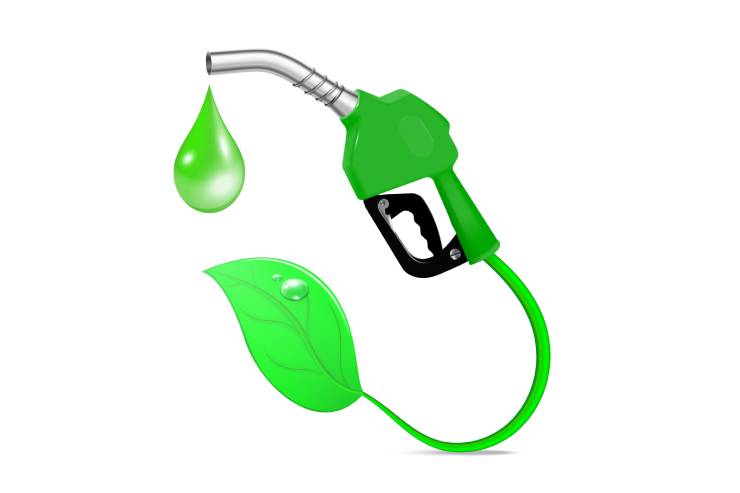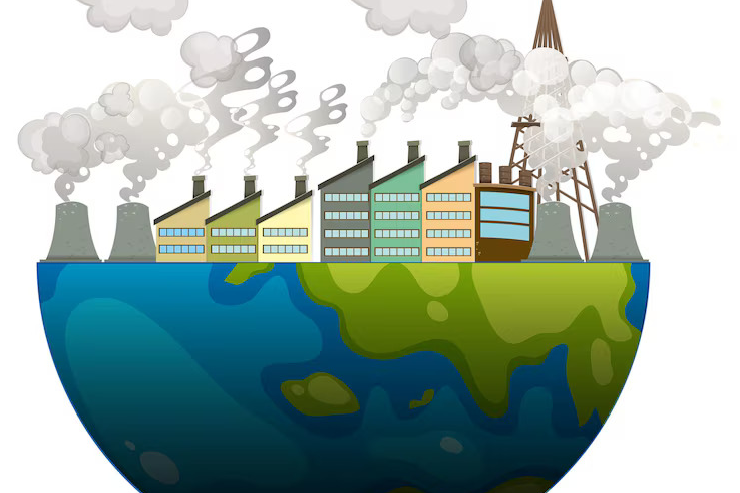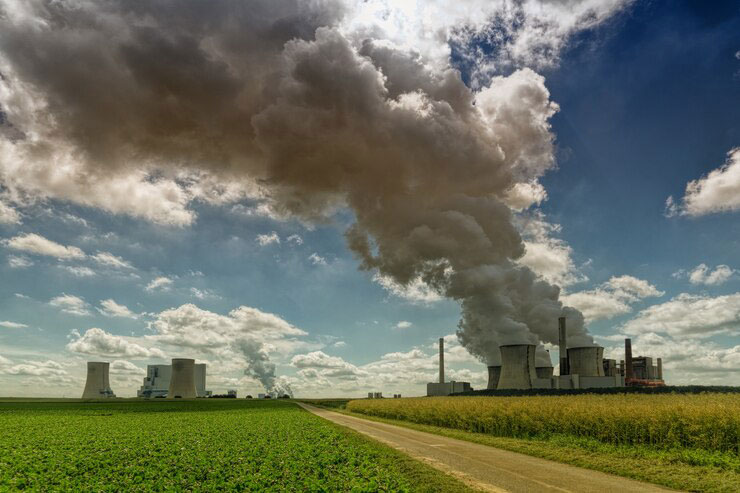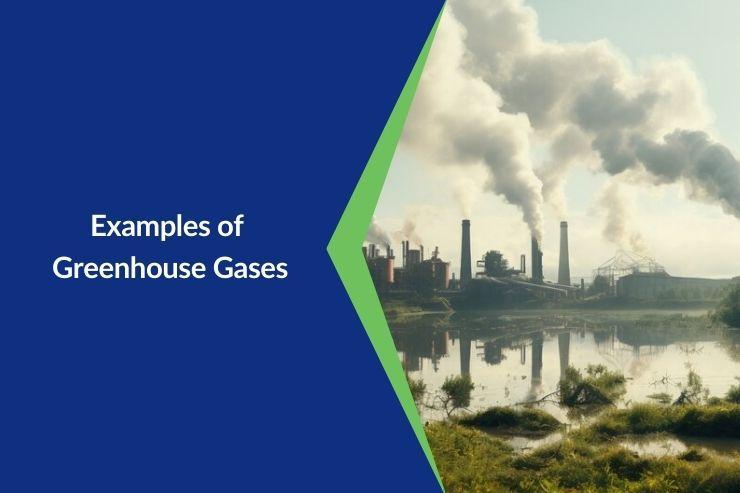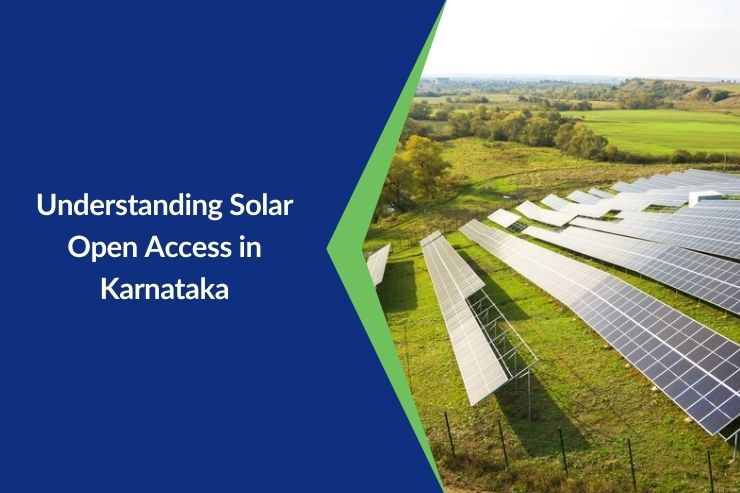It is a transformation of thinking about energy and how we use it. They are the main players in making the world go for more sustainable and cleaner fuel sources, which can be used to address some environmental problems troubling us today. Green Energy is the essential solution, not alternatives to immediate, urgent environmental challenges facing us today. By adopting these fuels, we approach a future where our planet’s health should not be compromised by energy consumption. The article will take you through various aspects of green fuels, such as their types and benefits, as well as problems with them and possible measures to deal with such issues. So, let’s get started!
What are Green Fuels?
Green fuels, more simply called, are sources of energy that have a much lower or negative carbon footprint during production and use. These are the very foundations of clean energy fuel, from biofuels to green hydrogen fuel.
Why Green Fuels Matter
Green fuels play a vital role in mitigating climate change. They offer a hopeful solution for decreasing worldwide carbon emissions and transitioning away from reliance on fossil fuels.
Types of Green Fuels
Diving deeper, we explore the various types of green fuels that are shaping our energy future. Each type brings unique benefits and applications that collectively contribute to a sustainable energy landscape.
Biofuels
Going deeper, we look at different types of green fuels which define our energy future. Each type has its own advantages and potential uses that cumulatively contribute to sustainable energy environments.
- Most Common: Biofuels are often used among the most accessible forms of green fuel for vehicles and industrial applications.
- Sustainable options: A smart use of resources is seen with them produced from crop remains alongside other biomass materials.
- Decreasing greenhouse gases: In comparison with fossil fuels they burn cleaner hence lowering release of greenhouse gases as well as particulates considerably.
- Energy Independence: Countries can realise energy independence by producing biofuels domestically to curtail their dependence on foreign oil stocks.
Hydrogen
This clean energy carrier is hydrogen fuel which is called green hydrogen when produced by renewable energy.
- High Energy Efficiency: This is a chemical reaction that takes place in hydrogen fuel cells to produce electricity, with only water as the end product.
- Versatility: Anything from vehicles to power stations can be powered with it.
- Storage Solutions: Hydrogen can be stored as backup for future use solving the problem of excess power and intermittent supply of other renewables such as solar and wind.
- Zero-Emission Transportation: Particularly relevant in terms of zero-emission fuels for heavy-duty long-haul transport, hydrogen shows great prospects at present scenario.
- Industrial Applications: In manufacturing sector, it makes processes sustainable, whether refining or chemical production among others where beyond just its use in energy as mentioned earlier, hydrogen has been used.
Wind Energy
Wind turbines are a mainstay of renewable energy as they transform wind into electricity without any pollutants being emitted.
- Cost-Effective: Wind power becomes cheaper over time than conventional sources of energy.
- Scalable: They can work in both onshore and offshore settings.
- Environmental Preservation: This allows wind farms to have small land footprints such that double land use is possible, like farming around wind turbines.
- Rapid Deployment: Wind energy projects can be planned and executed more quickly than traditional power plants, speeding up the transition to renewable energy.
- Community Benefits: Local communities can benefit from wind energy projects through job creation and land lease payments, boosting local economies.
Solar Energy
Solar panels convert sunlight into electricity, making it the perfect definition of an eco-friendly fuel.
- Abundant: The sun is a limitless source of energy that has been harnessed all over the world.
- Technological Advances: Solar continues to evolve with advancements, lowering its intrusiveness and increasing its effectiveness.
- Declining Costs: Solar power systems (PV) have plummeted greatly in recent years; thus expanding the accessibility of solar installations to more people.
- Flexible Installation Options: Possibility of putting up solar panels on roof tops, fields or embedding them into construction materials makes them versatile in application.
- Low Operational Costs: After installation, solar systems are not expensive to maintain and operate hence users can save for long time period out of this reason alone.
Geothermal Energy
Geothermal systems use the Earth’s heat for heating and electricity generation.
- Stable Supply: Geothermal energy is continuously generated unlike some other types.
- Low Footprint: It occupies less land area and has minimal atmospheric effects
- Reliable Base-Load Power: This renewable source can produce base-load power that does not end as compared to intermittent renewables
- Low Emission Levels: Among all energy sources, geothermal plants have very few emissions, making them one of the cleanest options available today.
Advantages of Green Fuels
The benefits of transitioning to green fuels are vast and impactful, touching environmental, economic, and societal levels.
- Environmental Benefits: Green fuels drastically reduce emissions contributing to air pollution and climate change, helping protect our planet.
- Economic Benefits: Investing in green fuels supports sustainability and stimulates economic growth through job creation and energy security.
Challenges and Solutions
Though there are obvious benefits, the way to a popular usage of eco-friendly fuels is not hurdle free. This should be addressed for advancement.
- Technological Challenges: The efficiency issues and high production costs that are presently posing as obstacles to the green fuels sector can be solved through technological breakthroughs.
- Policy and Regulatory Issues: It is vital to establish policies and regulations that support the existence of a conducive environment for the growth of green fuels.
- Solutions and Innovations: Recent progress like improved formulations for green diesel fuel or advancements in methods used to produce hydrogen fuel from renewable resources have supported these claims towards a greener future.
- Infrastructure Development: Widespread adoption calls for establishment of necessary infrastructure such as refilling plants, grids upgrading among others towards green fuel provisions.
- Education and Awareness: The presence of discernible advantages as well as possibility in Green Fuels will soon make them widely accepted in public domain including corporates.
- International Collaboration: Faster and more efficient adoption could however take place through international cooperation on research, development, and policy related matters concerning green fuel technologies.
Conclusion
Green, eco-friendly fuels are undoubtedly at the forefront of forging a sustainable and environmentally friendly energy future. As we embrace these innovative technologies, we are not just adopting new energy solutions; we are actively participating in shaping a healthier, more sustainable world.
The journey toward widespread adoption of green fuels involves overcoming technological and regulatory challenges, but the path is clear, and the benefits are undeniable.
Let’s continue to push forward, fostering developments that make green fuels an integral part of our global energy strategy.
Frequently Asked Questions about Green Fuels
What are The Main Sources of Green Fuels?
Major sources include biofuels, solar energy, wind energy, geothermal energy, and hydrogen, pivotal in the clean energy transition.
Are Green Fuels Economically Viable?
Yes, with ongoing advancements and scaling, green fuels are becoming more cost-effective and offer significant long-term economic benefits.
How Do Green Fuels Compare to Traditional Fossil Fuels?
Green fuels provide a cleaner alternative, significantly reducing environmental impact compared to fossil fuels, which are major contributors to global warming.
What Role Do Governments Play in Promoting Green Fuels?
Governments are crucial in setting regulations, providing incentives, and funding research to support and accelerate the adoption of green fuels.
Can Green Fuels Power All Sectors of The Economy?
Yes, with continued development and integration, green fuels have the potential to power diverse sectors, from industrial to residential and transportation.

